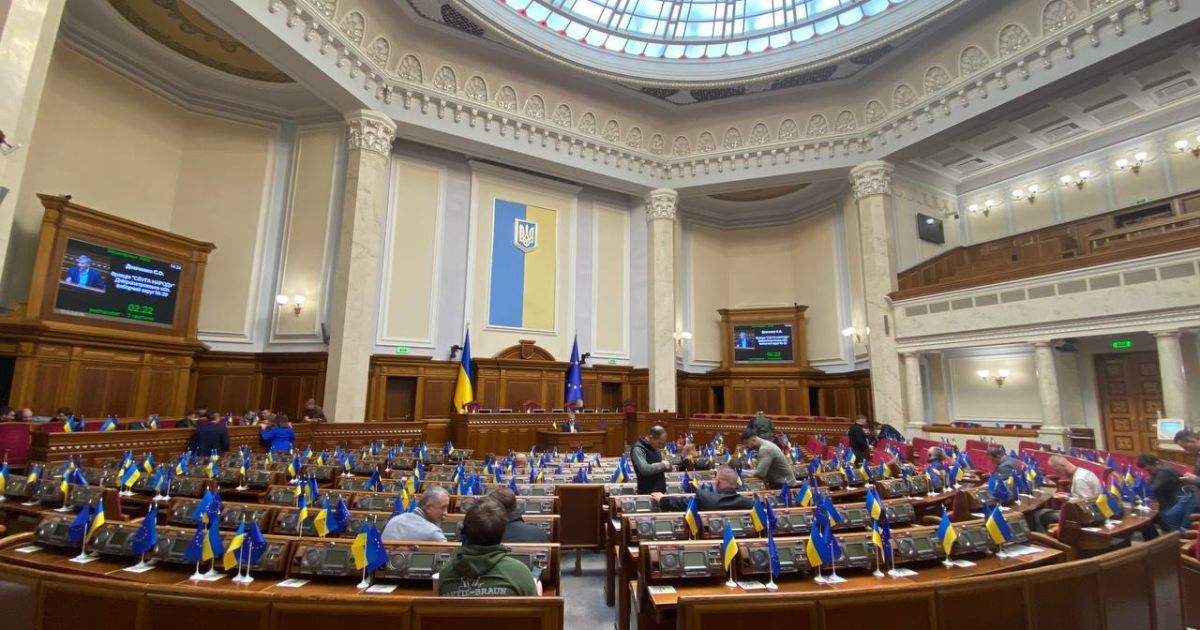

In early August, the Temporary Investigative Commission of the Verkhovna Rada, which had been established to look into potential violations in socially important procurement transactions during martial law, released a report on a year of its operation and recommendations on how to improve the field to prevent such violations.
The DOZORRO project of TI Ukraine provided its recommendations regarding the conclusions of this report, and most of them were included in the final version of the document by the commission, in particular:
- For construction tenders, oblige procuring entities to publish the documents necessary for the formation of estimated calculations in Excel formats and special formats for estimating programs.
- Consider the possibility of obliging them to publish service acceptance certificates, for example, on the Unified Portal for the Use of Public Funds.
- Introduce mandatory rules for determining the expected value—both for tenders and for direct procurement transactions. The documentation on how it was determined should be published on Prozorro.
- Introduce electronic contracts and electronic additional agreements.
- Change the approaches of the State Audit Service to monitoring: make it preventive and mandatory for procurement starting from a certain amount (for example, UAH 15 million), develop and introduce automatic risk indicators, which will be used to initiate monitoring, and a shortened procedure for judicial appeal of monitoring. Prohibit concluding contracts during the monitoring of a procurement transaction. In general, enhance the institutional capacity of both the State Audit Service and the Accounting Chamber.
In total, the commission provides 28 detailed recommendations, which can be found in the second appendix to the resolution on its report. It included recommendations from various civil society organizations, the Ministry of Economy, the State Audit Service, and the Antimonopoly Committee of Ukraine.
DOZORRO supports most of them. For example, we agree with the Ministry of Economy’s idea to synchronize Prozorro with the judicial systems; the AMCU’s idea to create a mechanism for pre-trial appeals against the actions of centralized procurement agencies and procuring entities regarding procurement in the e-catalogue; and the State Audit Service’s idea to limit the extension of contracts concluded due to the urgent need for procurement and overall regulate the urgent need criterion more clearly.
However, some ideas, in our opinion, are risky. In particular, mandatory justification of the need for procurement, liability for improper justification and procurement in the absence of the need. If carrying out an “improper” procurement transaction is prescribed as an offense with corresponding consequences, then the State Audit Service will conduct an assessment of this “appropriateness.” Given the fact that appropriateness itself is not an easily measurable indicator, in practice, it will lead to subjective approaches, new corruption risks, and conflict situations.
In addition, one of the recommendations of the commission is to return to the regulation of procurement only by the Law on Public Procurement, without the features that are determined by the government during martial law. Moreover, the commission advises providing that the Cabinet of Ministers can establish an exhaustive list of goods, works, and services that are related to ensuring socially critical spheres and that require procurement with shortened terms, as provided for in the Features. If MPs decide to abandon the government’s regulations with features and adopt the draft of a new specialized Law on Public Procurement in the near future, it is important to finalize it to avoid significant risks and difficulties in implementation.
This publication was created within the framework of the Supporting Digital Transformation project, funded by USAID and UK Dev.






